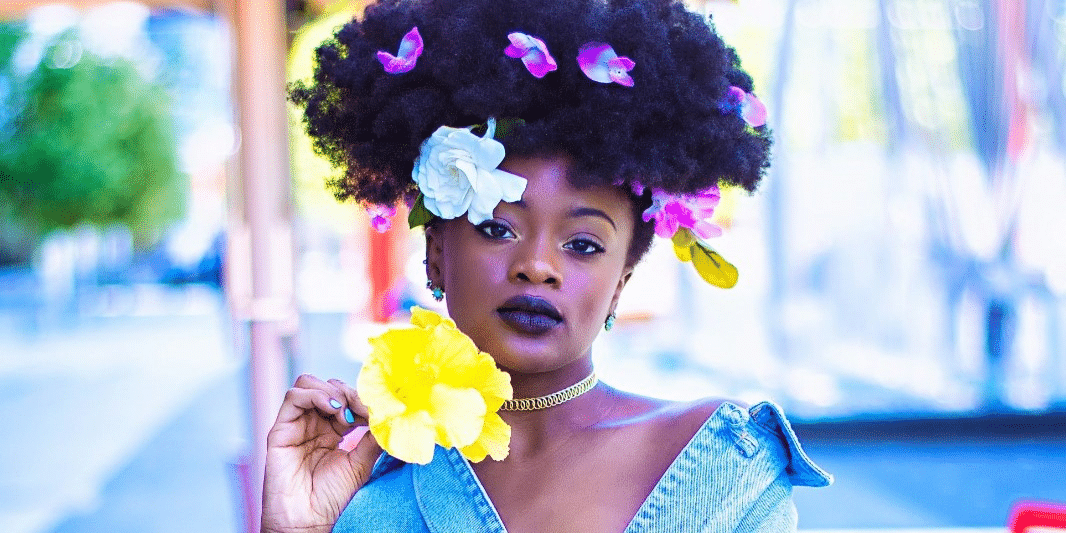The human voice is a powerful instrument, capable of expressing a vast array of emotions. But when it comes to vocal range, Black singers often seem to possess a special magic. Their voices can soar to stratospheric highs, plummet to rich lows, and navigate everything in between with unmatched power and soul .
What makes Black vocal range so unique, and how does it contribute to the distinctive sound of Black music? Let’s delve into the biological and cultural factors that shape this vocal gift, explore iconic examples, and celebrate the impact of Black singers on the musical landscape.
Nature’s Gift and Nurtured Talent: Biological and Cultural Influences
There’s no single explanation for the unique vocal range of Black singers. Both biology and culture play a role in shaping this phenomenon.
Think about vocal anatomy. Some studies suggest that facial structure differences may contribute to the power and projection often associated with Black voices. Additionally, cultural factors like gospel music traditions emphasize improvisation and ornamentation, encouraging singers to explore the full range of their voices from a young age. A recent article in “The Journal of Singing” highlights the importance of gospel choirs in nurturing the development of powerful vocal techniques among Black singers.
However, it’s important to remember that vocal range isn’t everything. Control, technique, and emotional delivery all play a crucial role in creating a captivating voice. Black singers often excel in these areas as well, pouring their soul into every note.
The Powerhouse and the Chameleon: Iconic Examples of Black Vocal Range
The world of music is brimming with Black singers who showcase the immense potential of Black vocal range. Let’s look at a few iconic examples.
First, there are the powerhouses. Think about Whitney Houston , whose voice could reach seemingly impossible octaves, yet retain a smoothness and control that left audiences breathless. Her rendition of “I Will Always Love You” is a testament to her unmatched vocal prowess.
Then there are the chameleons. Singers like Mariah Carey possess a staggering vocal range that allows them to effortlessly shift between genres and styles. From the heart-wrenching ballads of her early career to the playful pop hits that followed, Carey’s voice adapts and impresses in equal measure.
These are just a few examples, of course. From the soulful rasp of Etta James to the smooth falsetto of Al Green, Black singers possess a diverse spectrum of vocal ranges, each contributing to the rich tapestry of Black music.
Beyond the Notes: Impact and Influence on Music
The unique vocal range of Black singers isn’t just a technical marvel; it has a profound impact on the music they create.
Black singers often use their vocal range to convey a wide range of emotions. Think about the raw power used to express pain and struggle, or the angelic tenderness employed to evoke love and hope. These vocal gymnastics add another layer of depth and meaning to the music.
Furthermore, the distinctive sound of Black vocal range has influenced all genres of music. From the gospel roots of R&B to the soulful melodies of pop music, Black singers have left their mark on the musical landscape.
In conclusion, the unique vocal range of Black singers is a product of both nature and nurture . Biological factors may provide the foundation, but cultural influences like gospel traditions help hone this talent. The resulting vocal power, diverse range, and emotional expressiveness have not only shaped Black music but also influenced music as a whole. So next time you’re captivated by a Black singer’s voice, remember the rich history and powerful legacy that lie behind each note.







